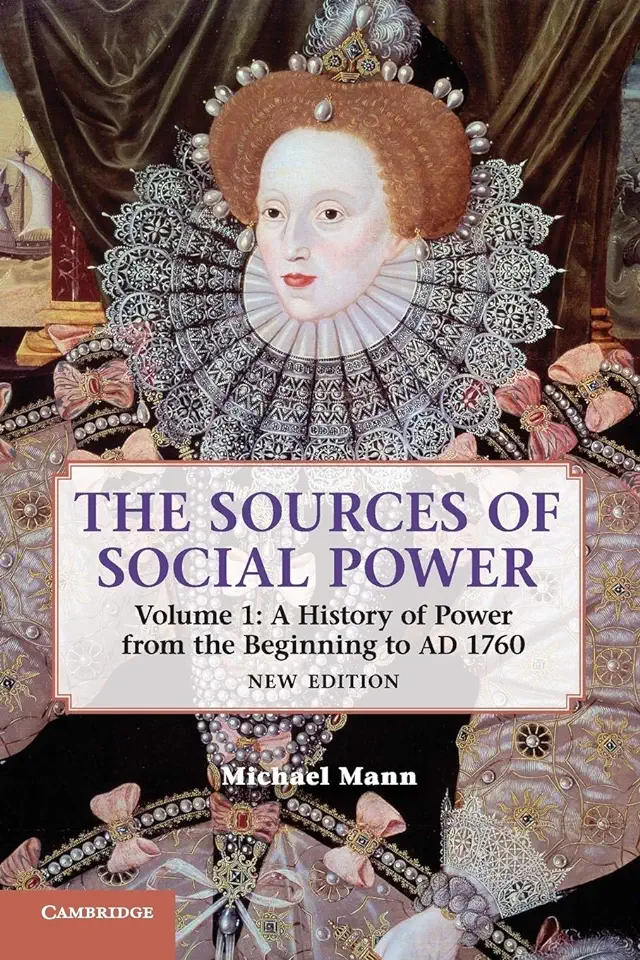
The Sources of Social Power - Michael Mann
The Sources of Social Power: A Review
Introduction
In his seminal work, "The Sources of Social Power," Michael Mann presents a comprehensive and insightful analysis of the various sources of power in human societies. Drawing upon a wide range of historical and sociological evidence, Mann argues that power is not simply a matter of coercion or domination, but rather a complex and multifaceted phenomenon that encompasses a variety of social, economic, and political factors.
The Four Sources of Social Power
Mann identifies four main sources of social power:
Economic power: This refers to the control over resources and the ability to produce and distribute goods and services. Economic power can be wielded by individuals, groups, or institutions, and it can be used to influence or control the behavior of others.
Political power: This refers to the ability to make and enforce decisions that affect the lives of others. Political power can be exercised through formal institutions, such as governments, or through informal networks of influence.
Military power: This refers to the ability to use force or the threat of force to achieve one's goals. Military power can be used to conquer territory, defend against attack, or deter potential enemies.
Ideological power: This refers to the ability to shape the beliefs and values of others. Ideological power can be exercised through religion, education, or the media, and it can be used to legitimize or challenge existing social structures.
The Interplay of Power Sources
Mann argues that these four sources of power are not mutually exclusive, but rather interact with each other in complex ways. For example, economic power can be used to acquire political power, which in turn can be used to acquire military power. Similarly, ideological power can be used to legitimize economic or political power, and military power can be used to enforce ideological or political control.
The Distribution of Power
Mann also examines the distribution of power within societies, arguing that power is not evenly distributed, but rather concentrated in the hands of a few individuals or groups. This concentration of power can lead to inequality, exploitation, and social conflict. However, Mann also argues that power is not static, but rather constantly shifting and contested. This means that there is always the potential for social change and the redistribution of power.
Conclusion
"The Sources of Social Power" is a must-read for anyone interested in understanding the nature of power and its role in human societies. Mann's comprehensive analysis provides a valuable framework for understanding how power works, and how it can be used for good or for ill. This book is essential reading for sociologists, political scientists, historians, and anyone else interested in the study of power.
Why You Should Buy This Book
If you are interested in understanding the nature of power and its role in human societies, then "The Sources of Social Power" is the book for you. Mann's comprehensive analysis provides a valuable framework for understanding how power works, and how it can be used for good or for ill. This book is essential reading for sociologists, political scientists, historians, and anyone else interested in the study of power.
Here are a few reasons why you should buy this book:
- It is a comprehensive and insightful analysis of the various sources of power in human societies.
- It draws upon a wide range of historical and sociological evidence to support its arguments.
- It provides a valuable framework for understanding how power works, and how it can be used for good or for ill.
- It is essential reading for anyone interested in the study of power.
Don't miss out on this opportunity to gain a deeper understanding of the nature of power and its role in human societies. Order your copy of "The Sources of Social Power" today!